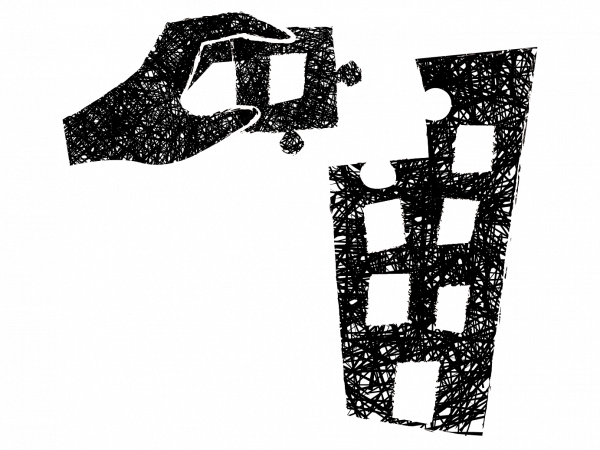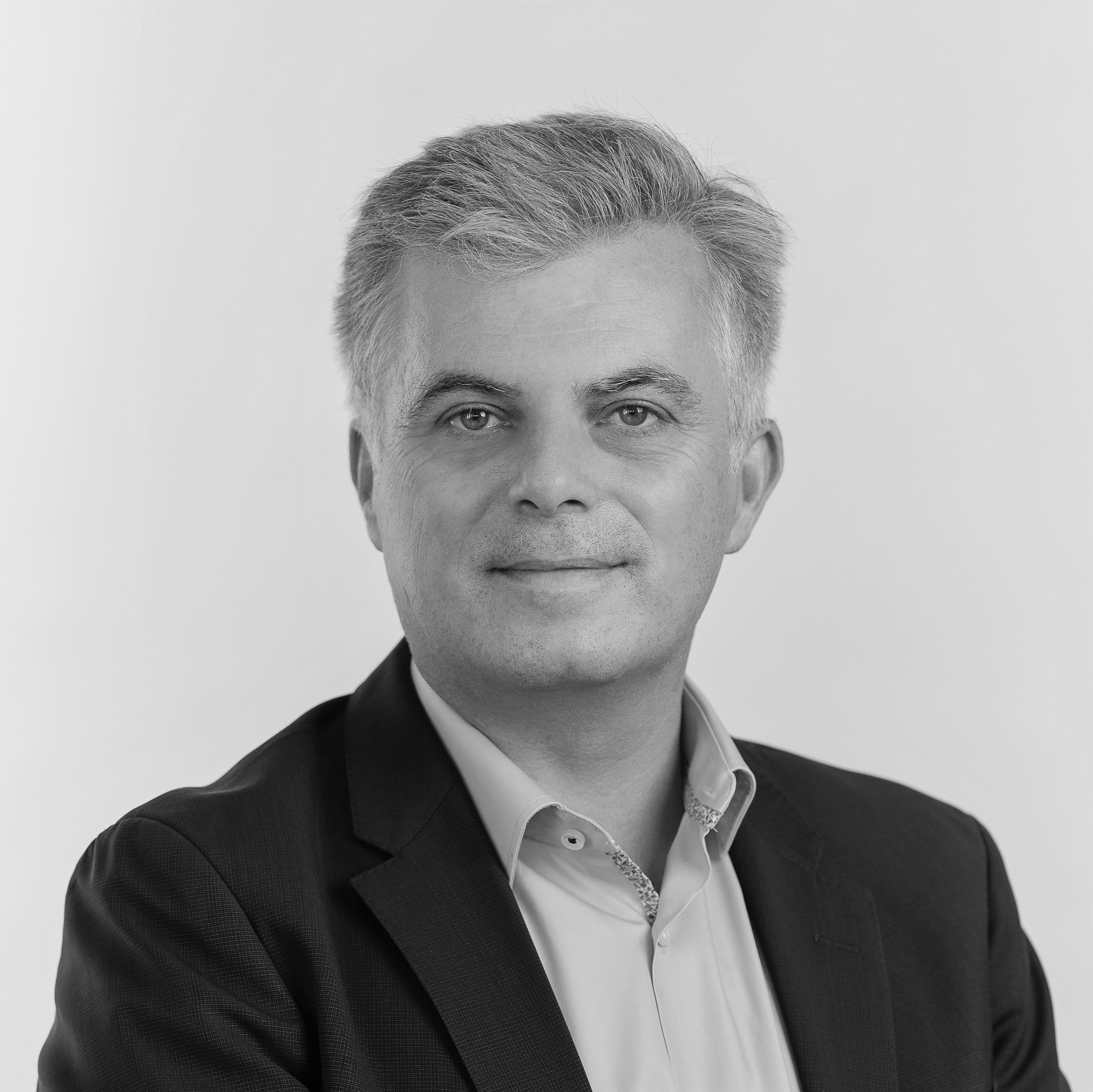- Home
- EN
- Our impact
- ProspeKtive
- Thinking about post-Covid corporate real estate, from major trends to tailor-made

Thinking about post-Covid corporate real estate, from major trends to tailor-made
October 2020
The experts
Point of view of Jean-François Couëc & Nicolas Cochard in Business Immo
Five years ago, the British consultant-researcher Rob Harris published an article on the future of tertiary workplaces*. In a prospective dimension, he indicated that in 2025 the workspace will become more complex with the following logics: an increased social dimension, a stronger promotion of the collective and a reduction (but not a disappearance) of spaces with an individual vocation. In addition, by the expression "beyond the building", Rob Harris reflected the redefinition of work environments both inside and outside the company walls. This 2015 publication therefore reported a significant evolution in tertiary environments with spaces that are no doubt quantitatively smaller but more qualitative. We may have fewer areas, but they will be of higher value and better placed.
Rob Harris also developed the main strengths of the future tertiary workplace. According to him, flexible spaces will optimize and intensify the occupation of workspaces, as the intangible value of the place is set to grow. Because it is a place that users are looking for, and not just a space. Place is a place that makes sense when you go there and that is what Harris advocates for, for whom the cultural dimension is paramount. The showcase dimension of the company will also be asserted in this perspective. Finally, future workplaces will be spaces that will facilitate the flow of information, essential for the performance of companies.
Also in 2015, the report of the very serious British Council for Offices referred to the main challenges of future work environments. What emerges is that with continued economic and political uncertainty, flexibility will be the key word. On the other hand, the mobility of work, nomadism as we can commonly call it, will lead to the redefinition of a working space-time from the angle of autonomy and user choice.
The break-up of this working space-time will nurture users with higher service expectations in a workplace with enhanced centrality *.
The Covid-19 crisis has happened there, which these prospective studies naturally ignored. The survey that Kardham conducted from April to August 2020 among more than 3,000 respondents aimed to question the experience of remote work and its impacts on the tertiary work environment in this particular context. And the results confirm the above statements.
More than 80% of respondents now want to telework regularly, against only 7.5% of regular teleworkers before the crisis. 76% of respondents saw the distance as a gain in autonomy; 77% a gain in their organization. 85% of respondents say they now expect more autonomy in the management of their working time. Only 60% of respondents indicated that they communicate less with other teams; 52% considered the circulation of remote information to be time-consuming, especially the managers. Let’s put it bluntly: the results of our survey strongly support the forward-looking statements we have just read.
This is why, wary of any semantics of revolution, Kardham is convinced that the current context is indeed an accelerator of already existing trends, which are certainly called upon to assert themselves but in a variable manner depending on the organization. There will be a before / after 2020 with corporate real estate redefined through value creation as finely contextualized as possible, because it is more than ever tailor-made that organizations must aim for.
* Rob Harris, ‘‘ The changing nature of the workplace and the future of office space ’, Journal of Property Investment & finance, 2015
* British Council for offices, 2015
Illustration : © elenabsl / Adobe Stock
Created by Business Immo in 2017, the in interiors magazine enriches its ecosystem with a dedicated conference cycle. Imagined in partnership with Kardham, this cycle "Architecture and town planning" offers a course of three themes around the changing city (s). To learn more, click here.
Release date: October 2020




